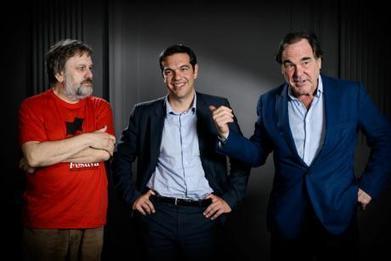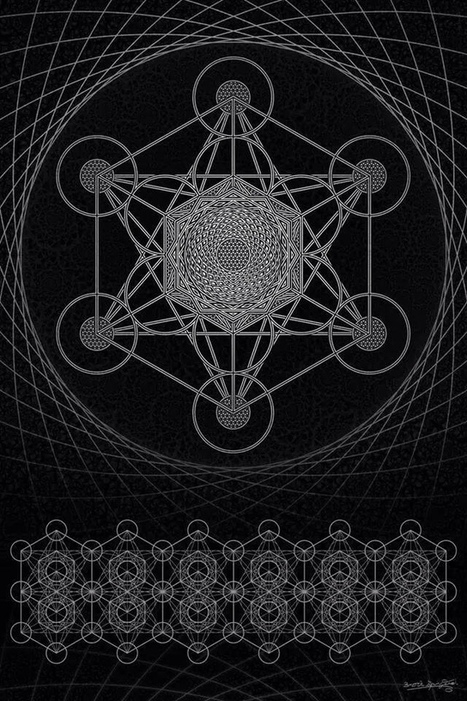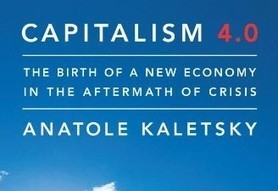The international Left promotes its own image rather than engaging in the bitter reality of resistance against neoliberalism. It does not need to believe in postmodernism because it is postmodernism.
Research and publish the best content.
Get Started for FREE
Sign up with Facebook Sign up with X
I don't have a Facebook or a X account
Already have an account: Login
on peer-to-peer dynamics in politics, the economy and organizations
Curated by
jean lievens
 Your new post is loading... Your new post is loading...

Lee SCHLENKER's curator insight,
February 20, 2015 6:52 AM
As the Long Now Foundation co-founder Stewart Brand describes it, “civilization is revving itself into a pathologically short attention span,” driven by “the acceleration of technology, the short-horizon perspective of market-driven economics, the next-election perspective of democracies, or the distractions of personal multi-tasking.” |
|















